4 out of 5 HK employees weigh health support in job decisions
Flexible work arrangements topped the list of preferred initiatives to foster health and wellbeing.
About 84% of Hong Kong employees said that employer support for health and well-being would influence their job change decisions to some extent, as revealed by Bupa Global's latest Employee Wellbeing Survey.
The survey, which examined the physical and mental health landscape among workers, also showed that nearly half or 45% of respondents were dissatisfied with their current physical health status whilst 88% rated their mental health status as average or above.
Amongst respondents aged 31 or older, personal health emerged as a top daily concern, with 39% citing it as their primary worry, just behind personal financial stability at 41%.
For respondents aged 31 or older, personal health is a top daily concern, with 39% citing it as their primary worry, just behind personal financial stability at 41%.
“Hong Kong employees in particular show a growing dissatisfaction towards the support provided in addressing their current health and wellness needs,” said Dean Pollard, general manager of Bupa Global Middle East and Asia.
“Organisations must understand what employees are seeking in order to promote overall well-being, particularly physical health, as providing tailored support will help foster an inclusive workplace for employees across all age groups,” he added.
The survey also revealed a gap between employee expectations and the support provided by employers.
Forty-one per cent said they could not meet the government's recommended exercise frequency of at least three days per week.
ALSO READ: Rising health and income concerns drive increased savings in Asia
Additionally, 75% reported receiving no extra support from employers for physical health beyond mandatory insurance, and 47% were dissatisfied with employer efforts in promoting physical well-being.
Only 44% were satisfied with their employer-provided health insurance, with 39% feeling it did not meet their specific needs.
Currently, only 25% of employees are receiving direct support like team sports or gym memberships. Exercise is essential for both physical and mental health, with 49% of respondents using it to manage mental health concerns.
Meanwhile, the survey also found that employees prioritise flexible work arrangements (48%), followed by wellness programs (14%) and subsidised fitness memberships (11%) for fostering health and wellbeing. Around 84% want involvement in decision-making for workplace health programs.
Preferences vary by age group, with younger employees favouring dental coverage and older ones preferring fitness services.
“As employees call for better coverage and services, organisations should address these concerns and provide the resources that meet both their physical and mental health needs,” said Pollard.






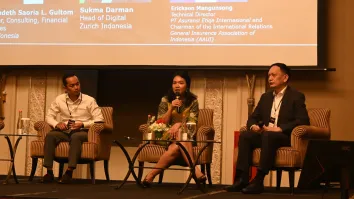



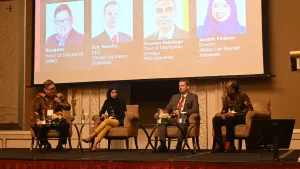

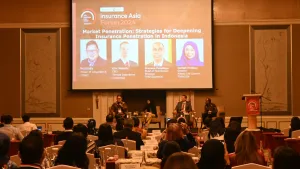
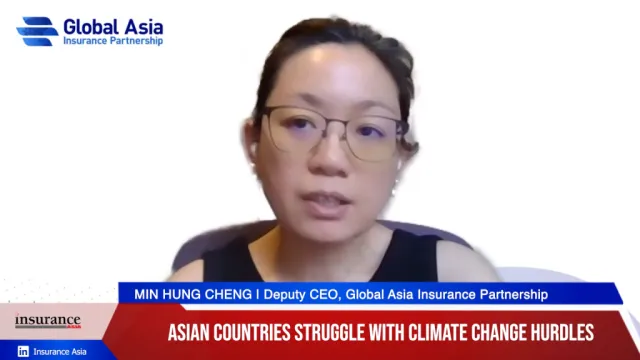

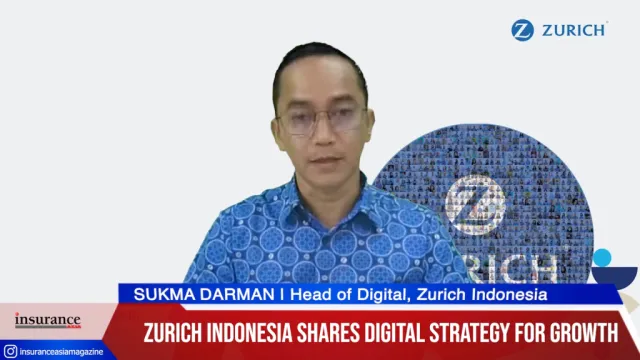
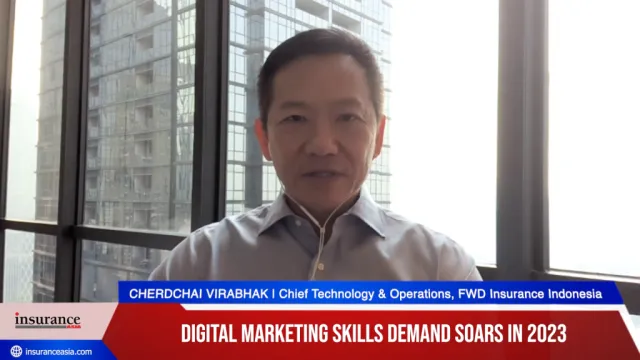
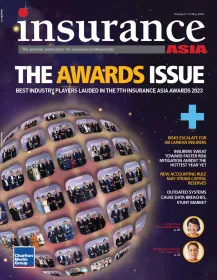
 Advertise
Advertise






